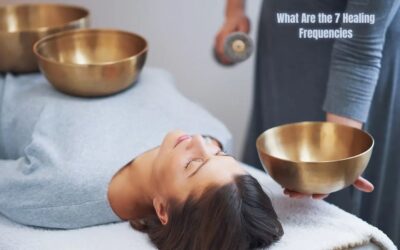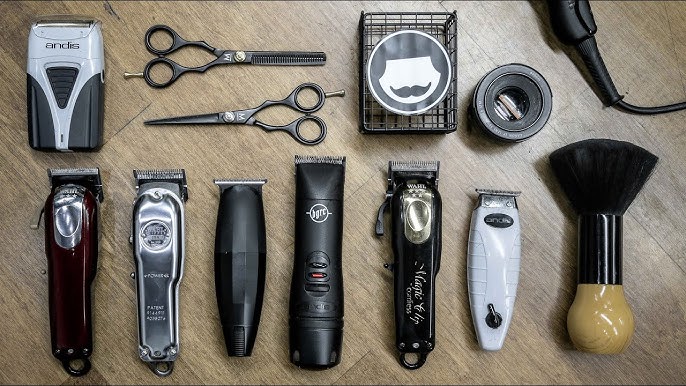What Does Liquor Liability Insurance Cover?

Owning a bar or restaurant where alcoholic beverages are served comes with unique liabilities and risks. Liquor liability insurance protects your business and customers against bodily harm or property damages caused by drunk persons. You can get this coverage separately or add it to a general liability plan. Here are some of the damages liquor liability insurance covers:
Legal Expenses
Alcohol-related lawsuits include drunk driving accidents, fights, sexual assaults, and falls. Accident victims affected by drunk persons may hold your business liable for the damages caused. If drunk individuals hurt themselves on the premises, they can sue the liquor establishment. Liquor liability covers public property damages but doesn’t cover your business’s property. You should check if your state has dram shop laws that cover your business against damages caused by intoxicated people. You can get custom insurance to cover extra legal costs incurred by customer claims. Proper coverage prevents delays in cases and financial setbacks that could disrupt business operations.
Medical Expenses
Alcohol liability insurance pays for employees’ lost income and medical bills due to alcohol-related injuries. The coverage also includes treatment for bodily harm to customers and intoxicated persons on your business or other private properties. Through this coverage, you can protect your business’s reputation by showing you care for your customers, employees, and community.
Property Destruction
When drunk persons cause damage to your business’s property or public property, the insurance covers the repairs. Types of damaged property include building structures, furnishings, and vehicles. The insurance also covers losses from business interruptions due to property renovations and replacements. An insurance company evaluates the level of risk involved in your business to craft a liquor liability policy that will cover future repair needs effectively.
Settlement Payment
Liquor-related victims can avoid lawsuits by accepting settlement payments. A settlement is completed when a victim and the liable party agree to payment instead of proceeding with a lawsuit. Liquor liability insurers send direct payments to the victims to simplify the settlement process. If your business suffers damage from the same incident, insurers will negotiate with the victims to protect you from excessive financial strain.
Understanding Liquor Liability Insurance
Liquor liability insurance covers claims from selling, serving, or consuming alcohol on your business premises. The insurance protects businesses against liabilities. These include employees’ workplace injuries, equipment and structural damages, and alcohol-related accidents. Alcohol laws are different depending on the state laws and regulations.
How to Choose Liquor Liability Coverage Providers
If you own a restaurant or bar, get liquor liability insurance to reduce financial obligations from liquor-related damages. These policies also protect your assets and reputation by assuring customers of your accountability in case of incidents. Here are some things to evaluate when choosing a liquor liability insurance company:
Coverage Options
Assess the various coverage options the insurance company provides. This will help you choose a comprehensive policy that protects against different risks and liabilities. Look for options that include assault and battery coverage, as some policies exclude it. Potential risks such as slips and falls of intoxicated persons should also be covered in the policy.
Claims Management Process
The insurance company’s claims handling process should be timely and effective. Ask about the liquor liability insurer’s procedures for filing and resolving requests. An insurance provider with a dedicated claims department and support team will resolve claims quickly.
Risk Management Resources
An alcohol liability insurance company should provide resources that help reduce risks in alcohol sales. The insurer may recommend training your employees to reduce alcohol-related injuries. The insurer may also provide risk evaluation tools and require that you implement safety practices to reduce damages in your liquor establishment.
Coverage Limits and Policies
Determine the limits and exclusions of a liquor insurance policy and how they could affect your business’s needs. Some exclusions and limits affect your coverage and reduce protection for the business. Find an insurance company that will explain their limitations on alcohol-related claims and how they’ll cover your business in case of such claims.
Purchase a Liquor Liability Insurance Policy
With the right liquor insurance, you can focus on your business without legal or financial interruptions. An alcohol liability insurance policy protects the rights of your workers and customers who are victims of an intoxicated person’s actions. Choose an alcohol liability insurance policy customized to meet your unique needs. A good insurer will let you adjust coverage and deductibles to fit your budget. Contact a reputable insurer today to learn more about resolving liquor business accidents and damages.
Get More ON: USAMAGZENE







